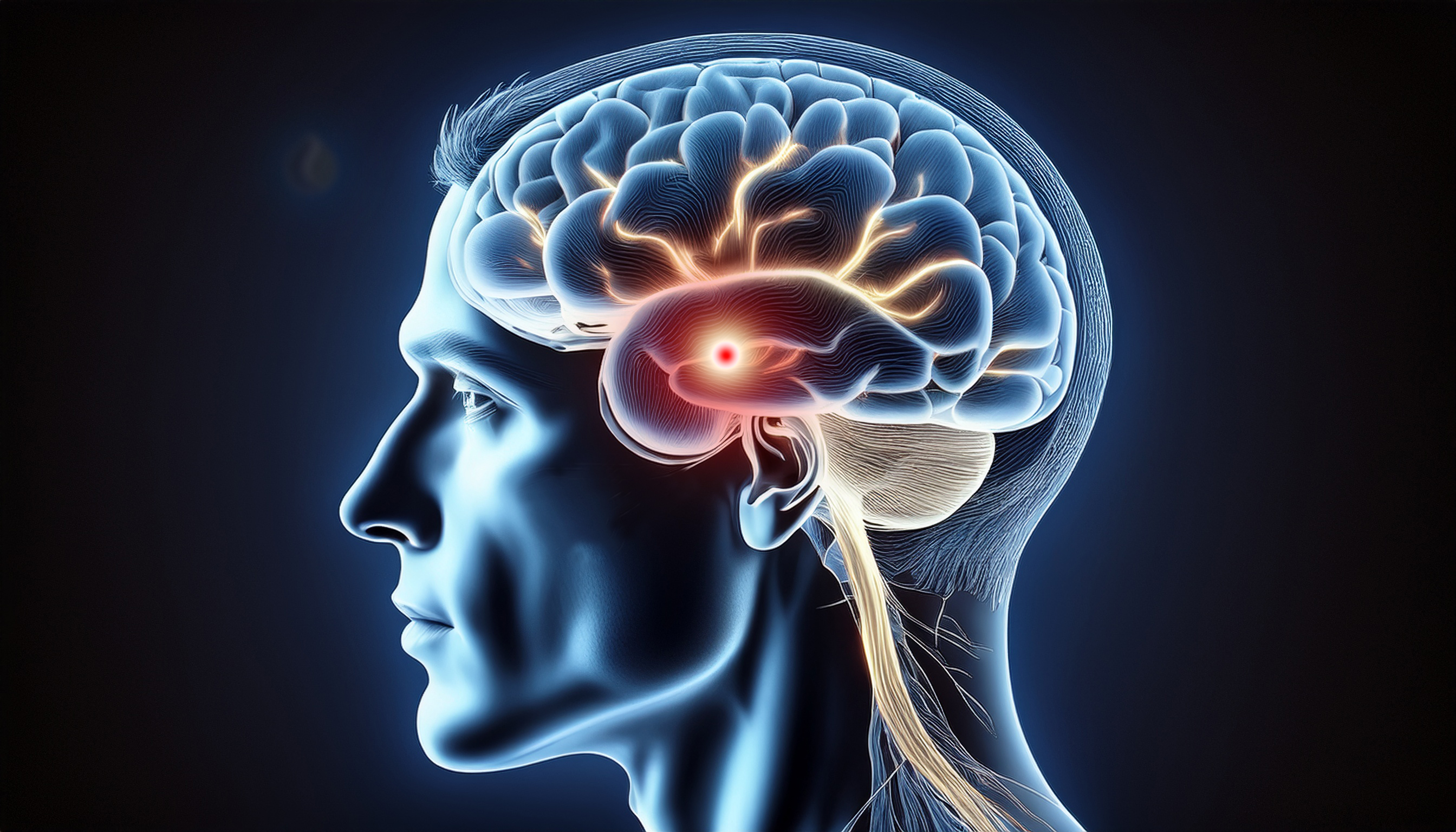Electroculture offers a surprising alternative that is increasingly attracting the attention of gardeners, ecological farmers and researchers. This technique, based on natural electromagnetic energy from the earth and air, is more than a century old, but now more relevant than ever. In this blog you will read what electroculture is, how it works, why it is on the rise again, and how you can apply it yourself in your garden or vegetable garden.
Electroculture: a forgotten technique rediscovered
More and more people are looking for natural ways to support their garden or vegetable garden. In that search, electroculture - an old, almost forgotten technique - is slowly gaining ground. Using natural electromagnetic energy, electroculture boosts plant vitality without fertilizers or chemicals. What was once explored by pioneers such as Georges Lakhovsky and Nikola Tesla is now being embraced again by ecological gardeners,














